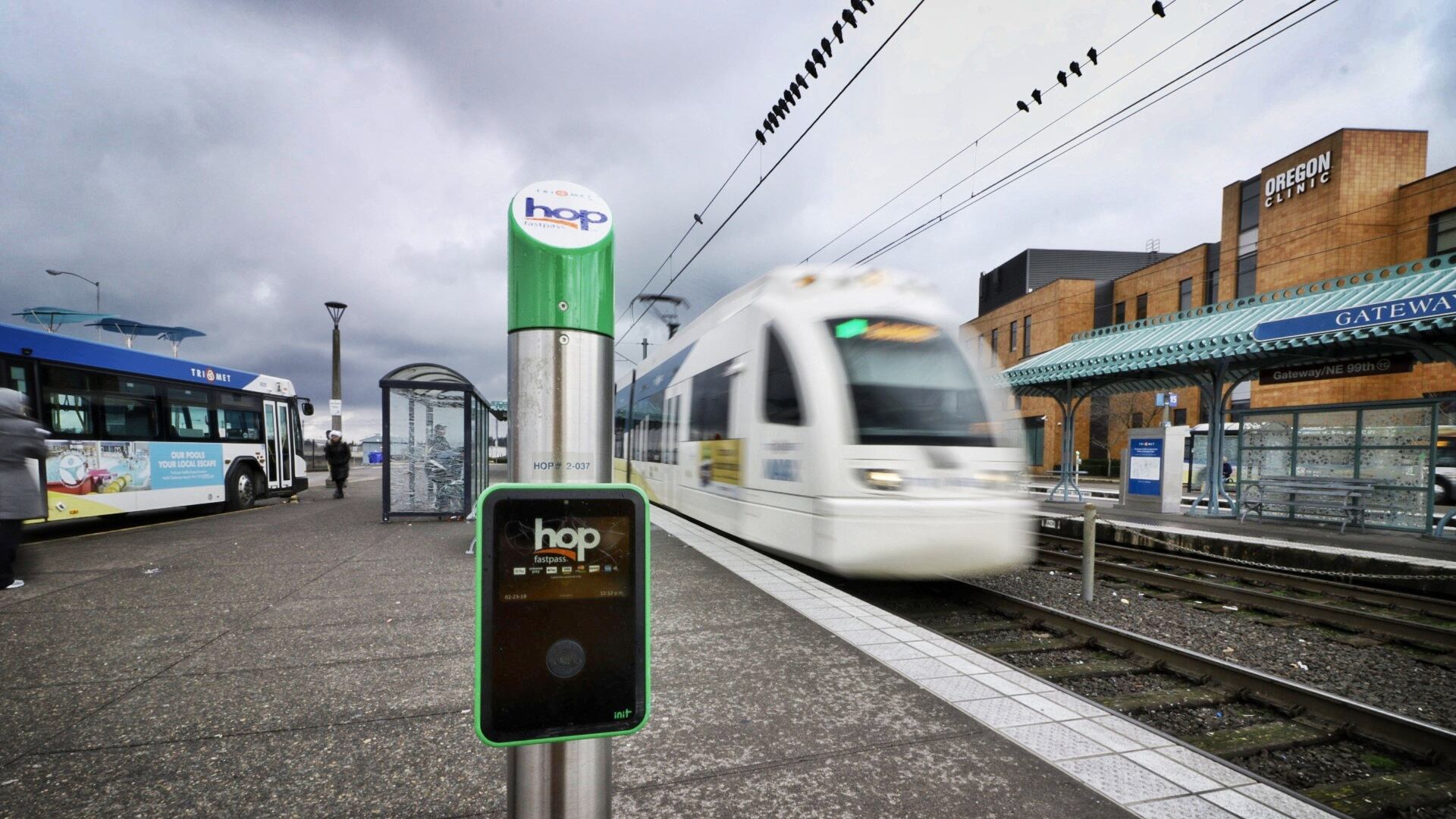In a remarkable email sent Aug. 5 to the Portland Business Alliance, Metro Council President Lynn Peterson offered a rich incentive to groups that oppose Metro's multibillion-dollar transportation measure—and also made some extraordinary requests.
First, the carrot: Peterson offered to drop the rate of the payroll tax that would fund the measure from 0.75% to 0.6%—a 20% decrease. That decrease, however, comes with significant strings attached.
The decrease is available "if and only if all parties, including PBA members and stakeholders, agree to at least a neutral position on the measure as PBA and lobby the Legislature for Orphaned Highway funds, or other transportation funding, that will help fill the initial $50 million hole created by lowering the rate from 0.75% to 0.6%," Peterson wrote to PBA president and CEO Andrew Hoan just before 9 pm Wednesday.
("Orphaned Highway funds" refers to funds for state highways that run through the three-county Metro region. "These funds are justified because the state has neglected its upkeep responsibility to state routes like Highway 99W and 99E and OR 213/82nd Avenue for decades," Peterson wrote.)
In other words, PBA and other opponents of the measure must agree to cancel the campaign they have pledged to run against Metro's measure and persuade lawmakers to backfill the hole created by the lower rate.
That's a bold gambit for a couple of reasons. First, campaigns are not supposed to offer inducements to affect voters' behavior.
"With some exceptions, Oregon election law prohibits giving something of value for no charge with the intent to influence how a person votes or other political activity," says the Secretary of State's Elections Manual.
Second, Peterson is trying to get PBA and its allies to persuade lawmakers to shift funds that would otherwise benefit all Oregonians to benefit just the Metro region.
Peterson also made two other significant requests of PBA:
1. She wants the group to lobby the Legislature to allow Metro to tax local governments as part of the transportation measure. (Metro added an exemption for state and local governments just before the Metro Council voted to refer the transportation measure July 16.)
2. Peterson also wants PBA and its allies to lobby the Legislature for an entirely new tax, which would tax all Oregonians on vehicle miles traveled.
That concept has been kicked around Salem for years, because changing driving patterns and the introduction of electric vehicles challenge the traditional form of funding transportation, taxes on fuel.
"All parties [would] agree to lobby the Legislature for a progressive regional or state vehicle miles traveled fee, with a portion directed to fill the $50 million (plus growth) gap in funding past commitments to the Orphaned Highway Bill timeline," Peterson wrote.
The PBA did not immediately respond to a request for comment.
Although Peterson sent the email from her official Metro account, Metro referred questions to a campaign spokesperson.
That spokeswoman, Abigail Doerr, says Peterson's email was an attempt to provide creative solutions for the business community to consider.
Doerr says the campaign believes that there is support among business leaders to the package of "needed investments in the region's mobility, safety, and equity" Metro has spent two years putting together and that opposition represents the influence of "a few anti-tax lobbyists."
"This is a shocking abandonment of a package crafted by stakeholders from business, labor, BIPOC leadership, youth and climate activists, and local government leaders," Doerr added.
She says Peterson offered possible solutions involving the Legislature in response to "moderate, rational actors in the business community who wanted to help think through other options."
"When asked by some members of the business community for creative ideas," she says. "We delivered."
As for why Peterson was communicating about what are now campaign issues on her Metro email, Doerr says it's because Metro will be involved in any changes to the measure the Metro Council referred to voters last month.
"Since action on these ideas would have required engagement by Metro, it was appropriate and important for President Peterson to keep a dialogue going with business leaders and others who are working in the interests of our common good," Doerr says.
